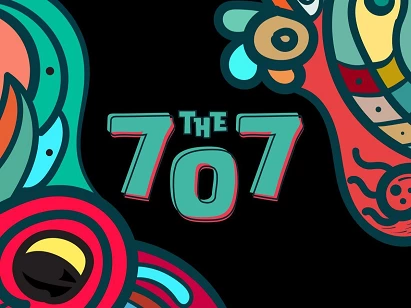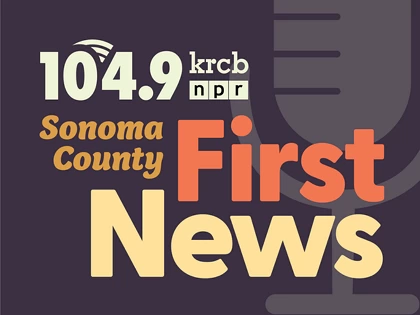
We may be having a mini heat wave, but Sonoma County's wintertime overnight emergency shelters for the homeless are under scrutiny., among new findings released by the Sonoma County Civil Grand Jury.
Digging deep into purported governmental inefficiencies, this year the county civil grand jury examined three broad topics: the financial health of three municipal cemeteries in Sonoma.
The long-term outsourcing of planning and development services in Petaluma.
And the county's new system of emergency 'warming centers' for those without either shelter or heat.
According to the grand jury's report, a commitment to keep burials affordable, paired with a lack of oversight and frequent turnover among city officials, have left city cemeteries on course for bankruptcy. Current grand jury foreperson Peter Maschwitz summed up the issues.
"The main concern was that there's just no record keeping, no procedures, and that there's no sales tax at all charged on cemetery paraphernalia," Maschwitz said.
Officials have failed to gradually raise rates as costs have increased. Certain items are sold at less than wholesale prices.
Over the years, the cemetery's endowment, meant to fund operations in perpetuity through investment returns, has dwindled to $750,000. A 2005 report, which identified financial issues said the endowment should be $10 million.
Recommendations going forward include a wholesale audit and overhaul of management practices.
While the issues are entirely different, concerns about Petaluma's decision to outsource its planning department a decade-and-a-half ago arise from a similar place---operations left on auto-pilot.
The city's decision, letting go of staffers amidst the 2008 financial collapse may have made sense at the time. But the grand jury notes an assessment, promised one year after contractors took over, never happened, and still hasn't. In the meantime, the firm, The Metropolitan Group, has increased what it charges for services. Maschwitz said that's a problem. .
"They have not done any analysis in 14 years, whether it's cost effective to do it the way they are doing it, or not," Maschwitz said.
The report suggests that a perception of a conflict of interest exists, as some may interpret the company as having a financial incentive to approve development projects that the city might scale back or reject. The report also states that many Petaluma residents are unaware that staffers at their planning office aren't city employees. The civil grand jury recommends contracted workers wear badges reflecting that, along with adding notations to e-mail signatures.
In terms of the third topic---emergency warming shelters for the unhoused, the report found a chaotic, uncoordinated approach, with no chain of command and poor outreach to those the program is intended to help. There were no set criteria for when shelters would open or where, and many lacked essentials, such as cots. According to the report, during a December 2021 cold snap, the county's "coordinated entry system" hotline was unstaffed.
The report describes both the county Board of Supervisors and various unnamed departments as "unresponsive" to concerns.
But that all changed rapidly. A week after the report was released, county officials announced detailed policies addressing most of the concerns raised in the report.
Beth Aldridge, a former member of the grand jury, was pleased with the outcome.
"Yeah, we were very happy to see that action," said Aldridge.
Maschwitz said he suspected the swift action came as a result of the investigation.
"Often times, as you're doing investigations, the people you interview, get a sense of what you're looking into. And they begin to make improvements before you even publicize anything, just because they begin to see where it's going," Maschwitz said.
As far as the grand jury itself, it's been doing it's own introspection about its lack of diversity. The jury is made up entirely of volunteers, who spend a lot of time digging into its chosen topics.
A 2009 report found that grand jury members then were overwhelmingly white and older. It noted that up to 80 applicants are needed for an effective grand jury pool, yet only 40 people applied. Fewer than ten percent of those, from underrepresented groups. It urged more outreach.
Aldridge, who just concluded her second term, said that the lack of diversity remains a major problem.
"I personally noticed last year when we first met that 17 of the 19 of us were white retirees. And then we met this year, the entire jury was white retirees," Aldridge said.
She says the makeup of the grand jury may be impacting its own effectiveness.
"Not only is it not right, but our report would be taken more seriously if the makeup of the makeup of the jury reflected the community," Aldridge said.
You can read all reports and findings on the Sonoma County civil grand jury website.

 Live Radio
Live Radio




